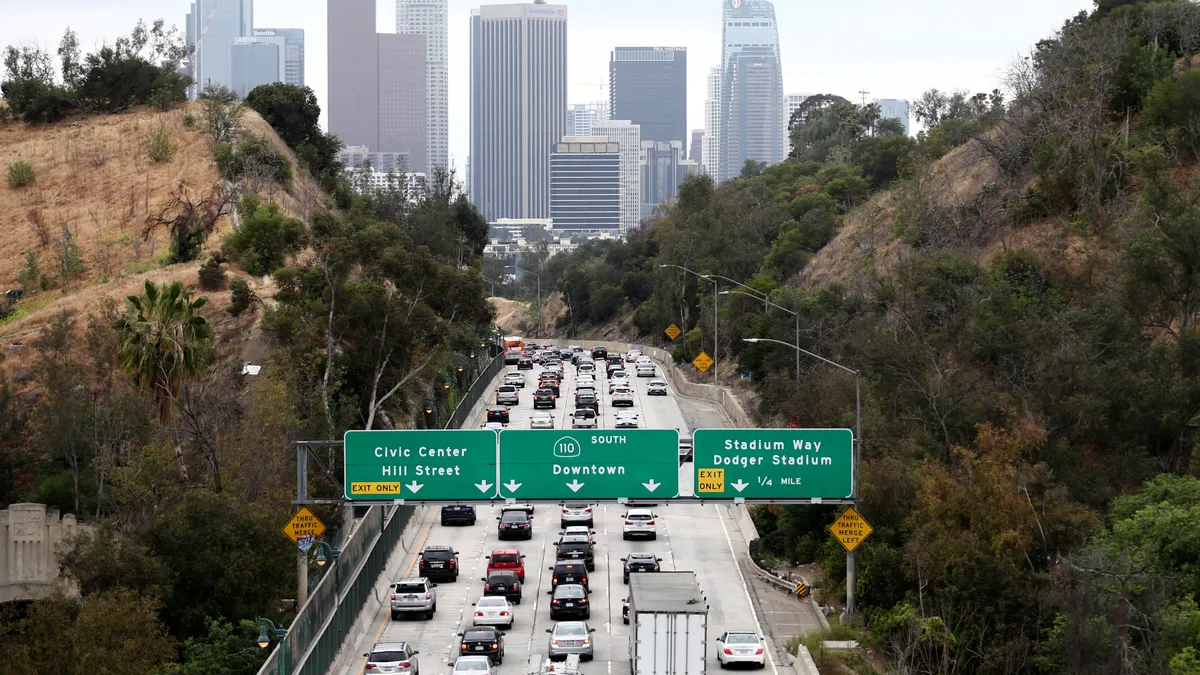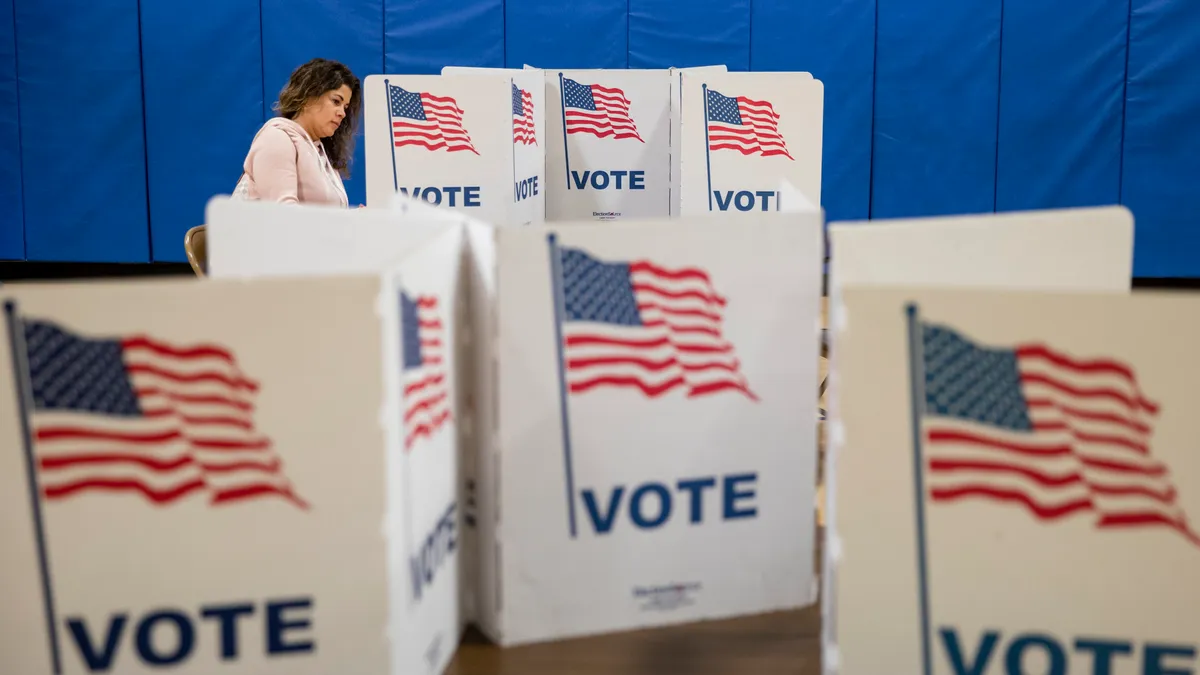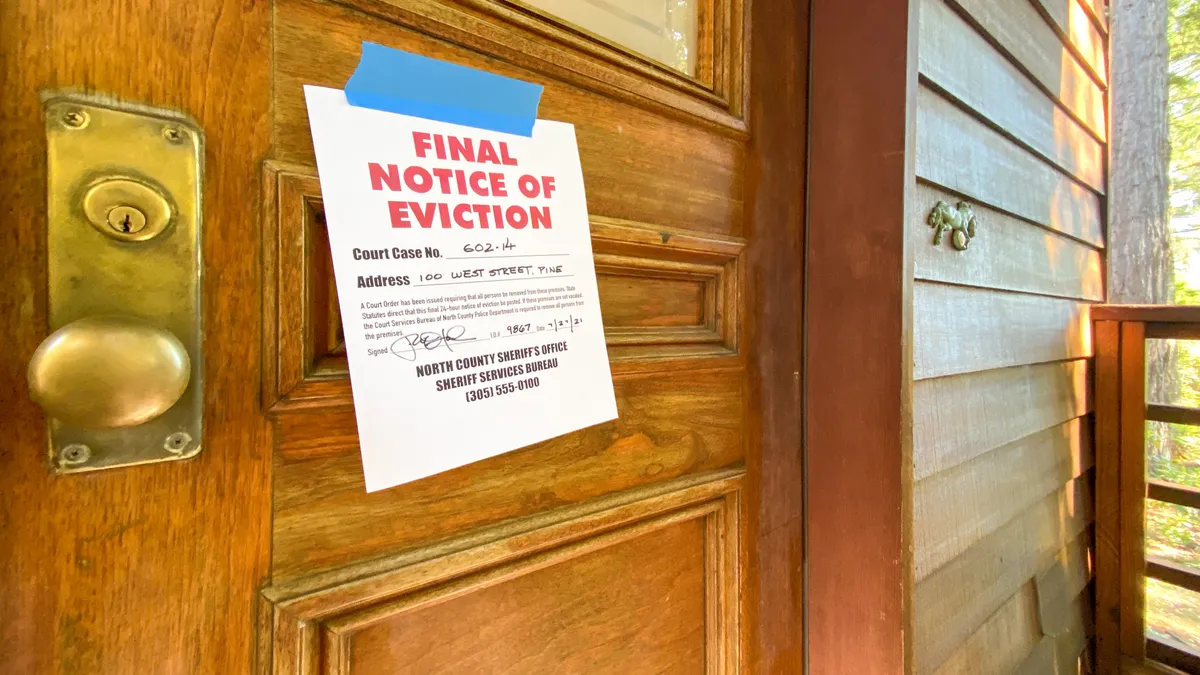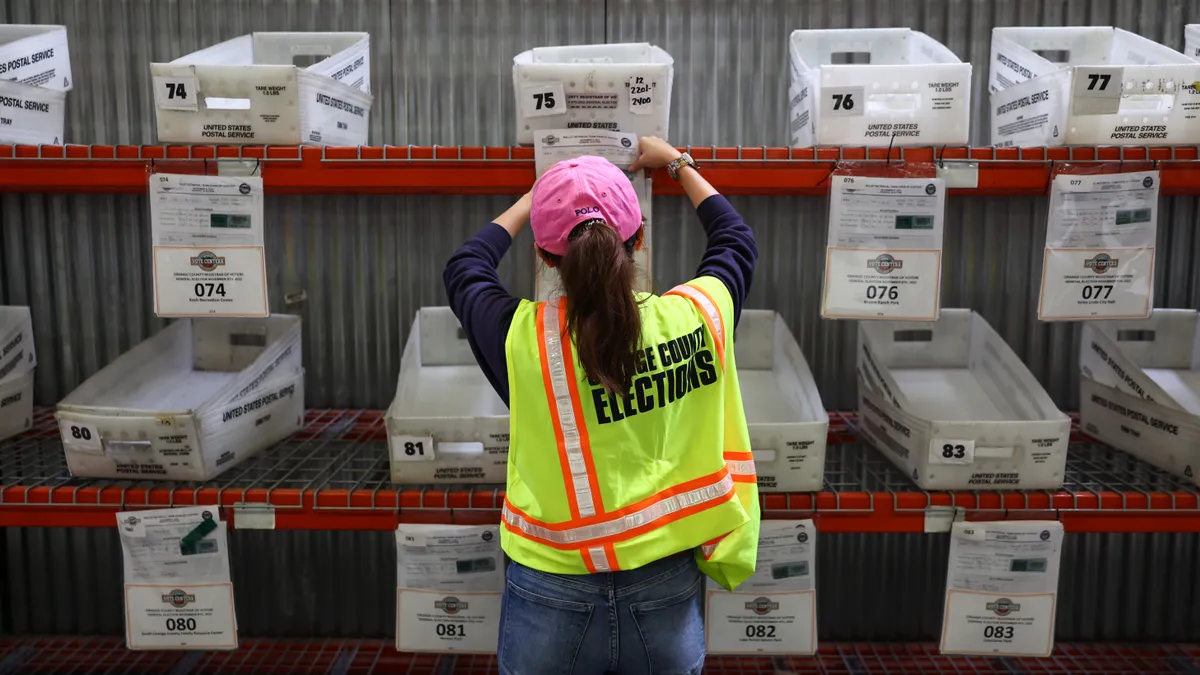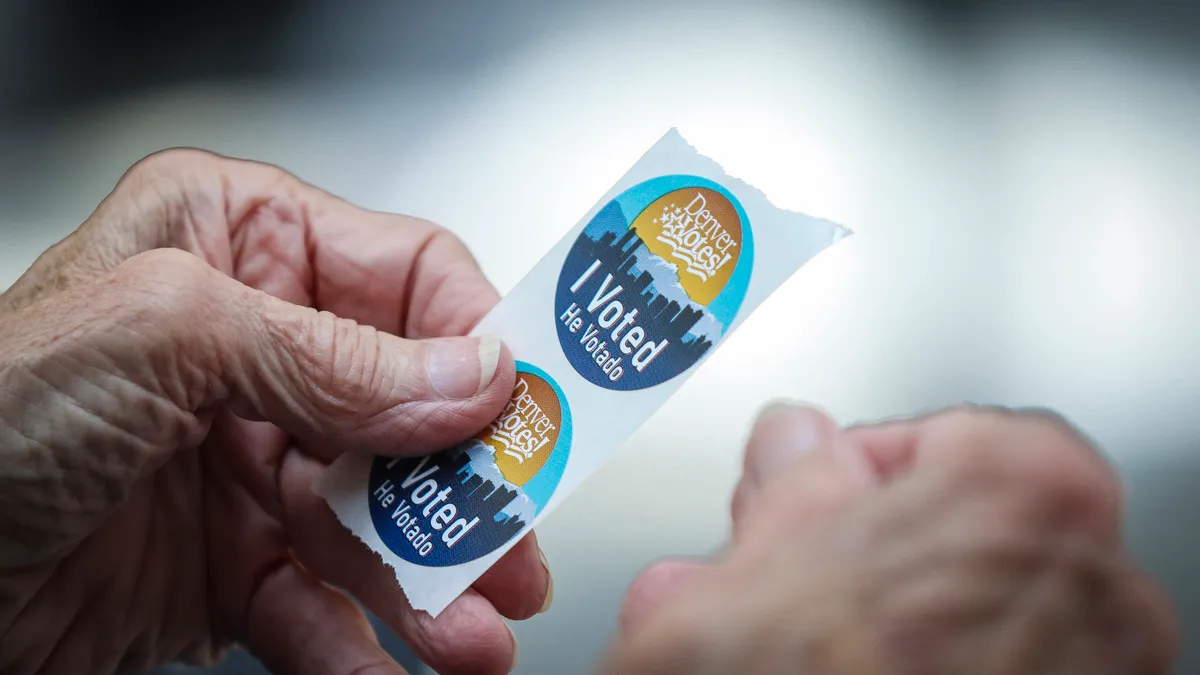Two state ballot measures to fund transportation and other projects through taxes on million-dollar incomes appear headed for a split decision.
California’s Proposition 30 went down in defeat while the outcome of Massachusetts Question 1 is still playing out with nearly 52% yes votes and 88% of the ballots counted.
The California measure would have added a 1.75% tax on personal income above $2 million, with funds going to purchase incentives for zero-emission vehicles, electric vehicle charging stations and wildfire prevention. Although it was backed by many state Democrats, it was opposed by Gov. Gavin Newsom, who won re-election. Ride-hailing and micromobility company Lyft contributed $45 million to the “yes” campaign, sparking a backlash.
In Massachusetts, Question 1 would create an additional 4% tax on incomes over $1 million, bringing the total tax hit to those affected to 9%. The measure would provide funds for public transportation, road repair, public education, and public colleges and universities, subject to appropriations by the state legislature.
In local elections, San Francisco voters passed a $2.6 billion sales tax to fund transit and paratransit projects along with streets and freeways. The San Francisco Municipal Transportation Agency, Bay Area Rapid Transit, Caltrain commuter railroad and ferries all will benefit.
Two countywide sales tax ballot measures in Florida were defeated. In Michigan, a property tax increase to support the Suburban Mobility Authority for Regional Transit was leading in Macomb and Wayne Counties and has passed in Oakland County. In North Carolina, voters defeated a quarter-cent sales tax increase in New Hanover County, which includes the city of Wilmington, for local public transit and other transportation projects.



